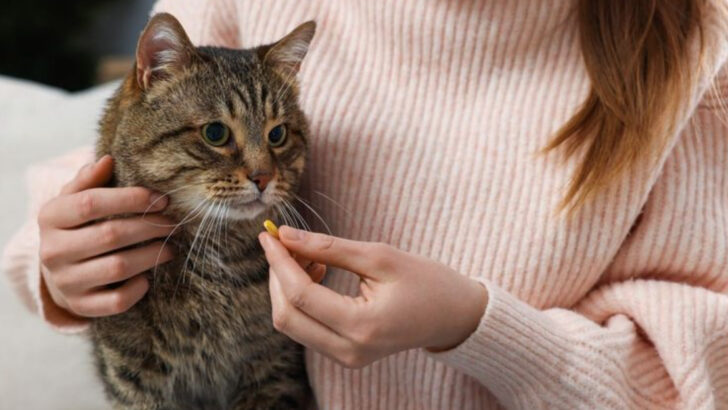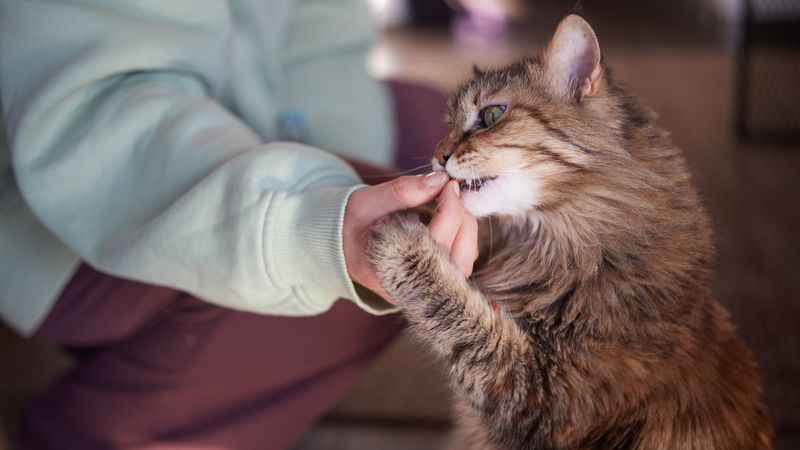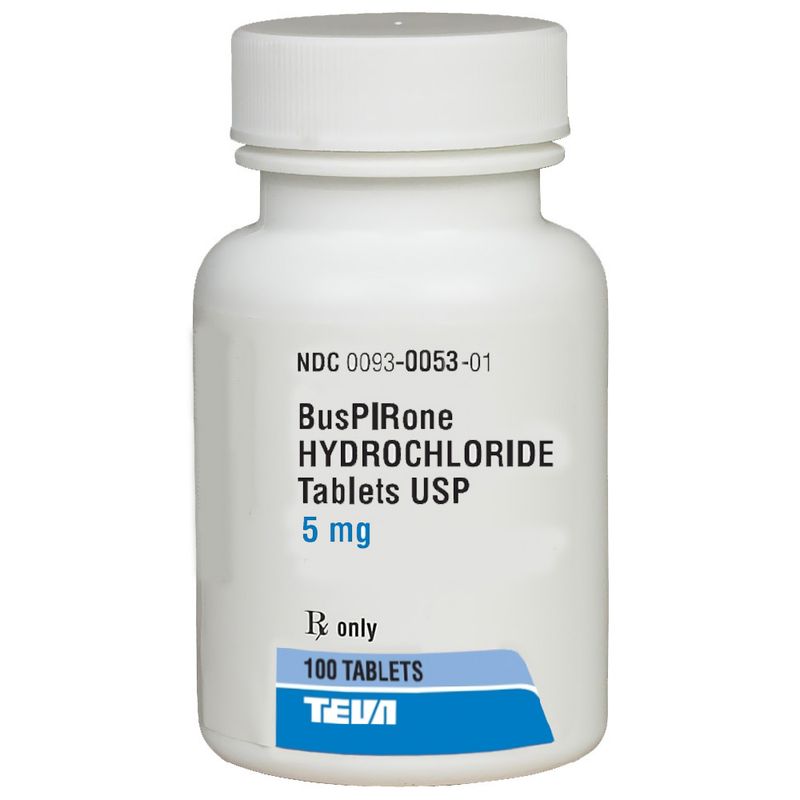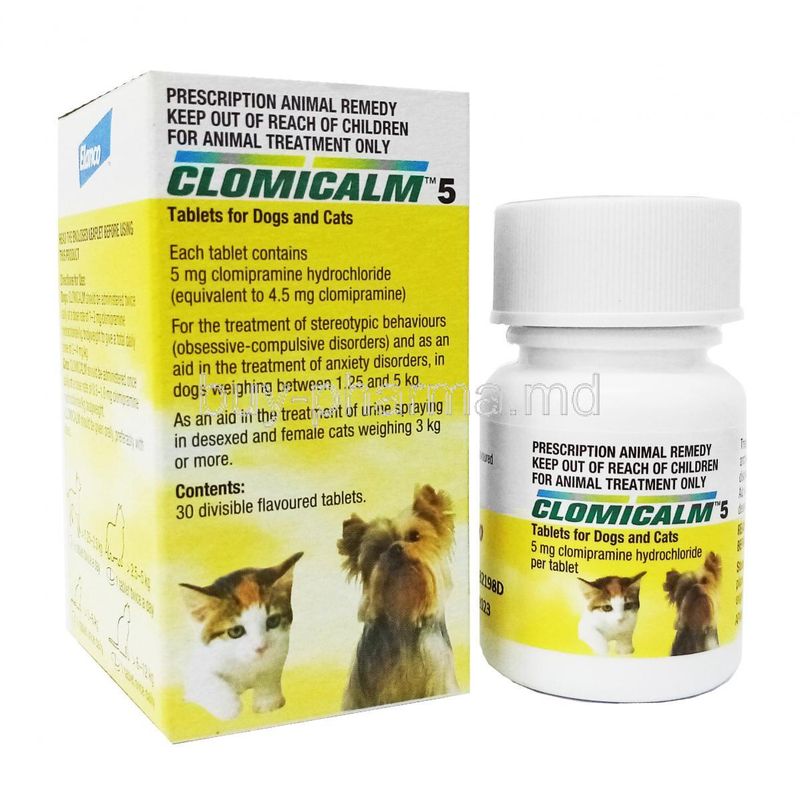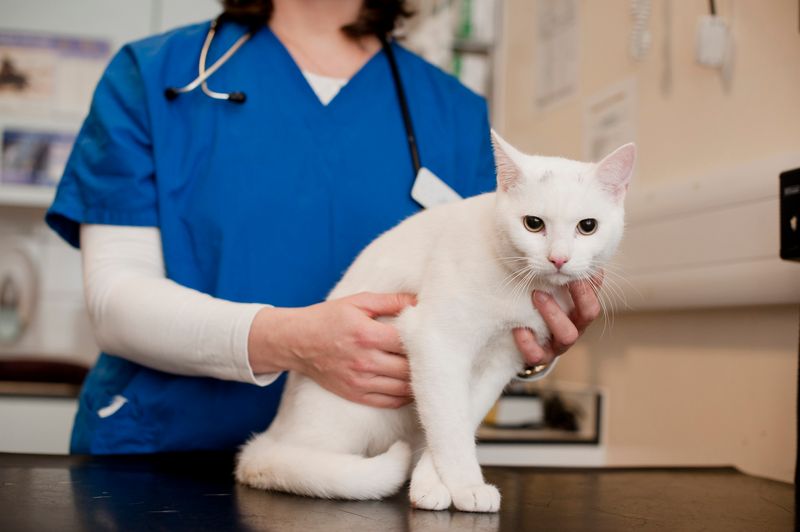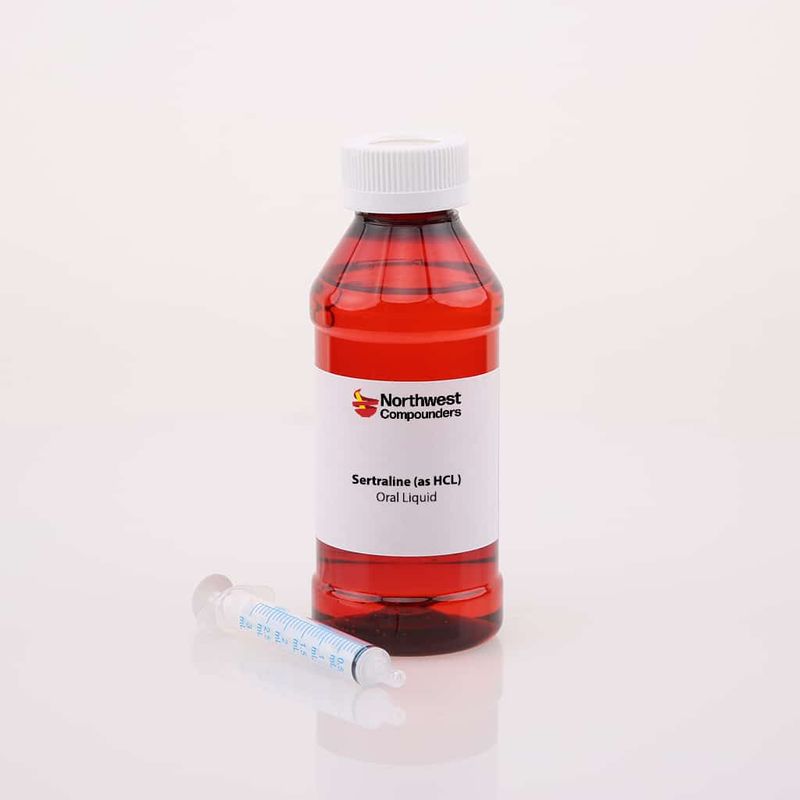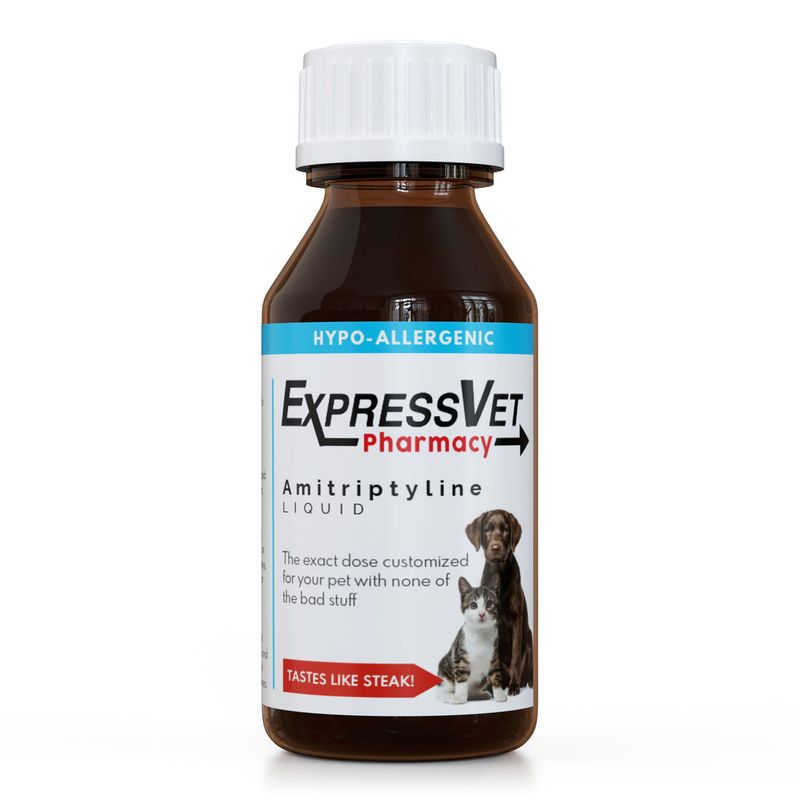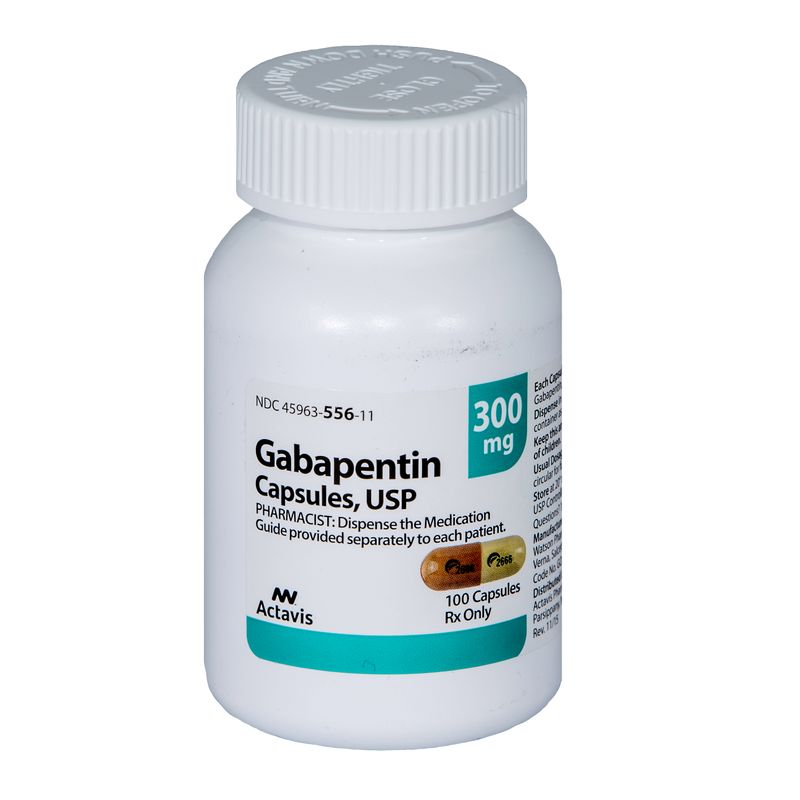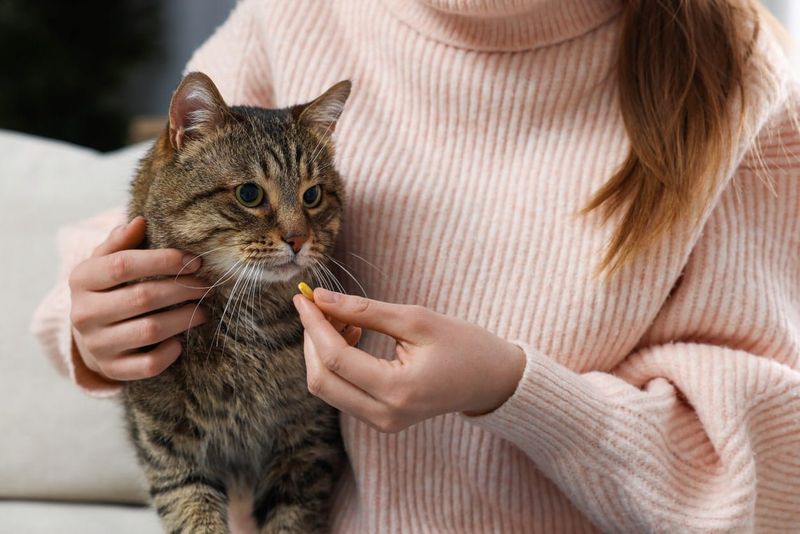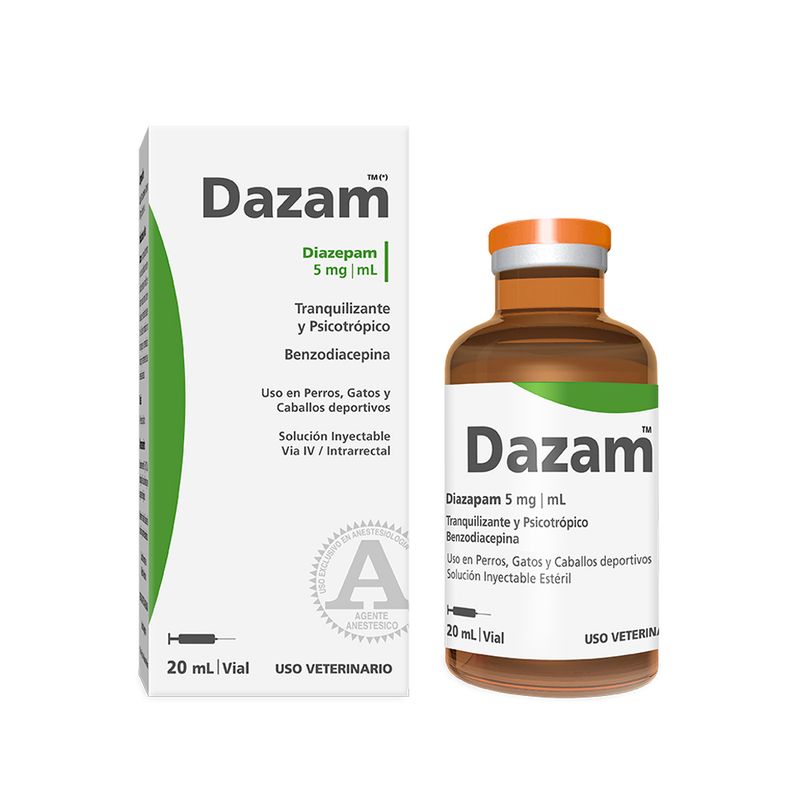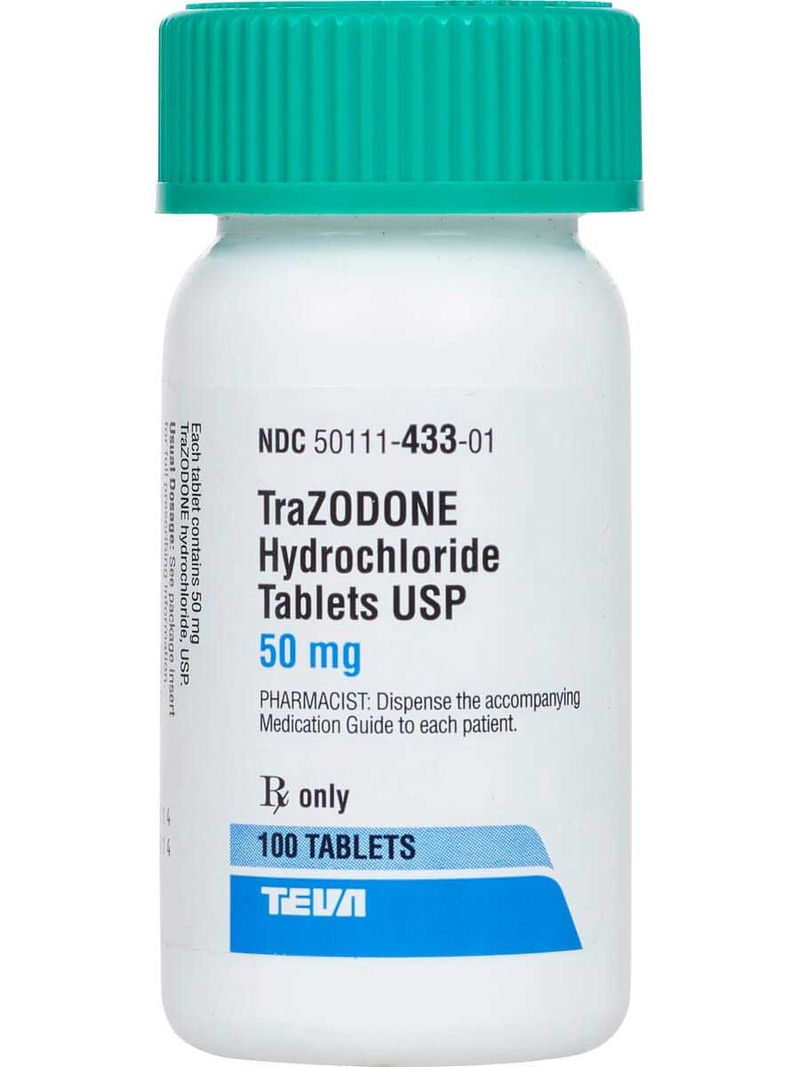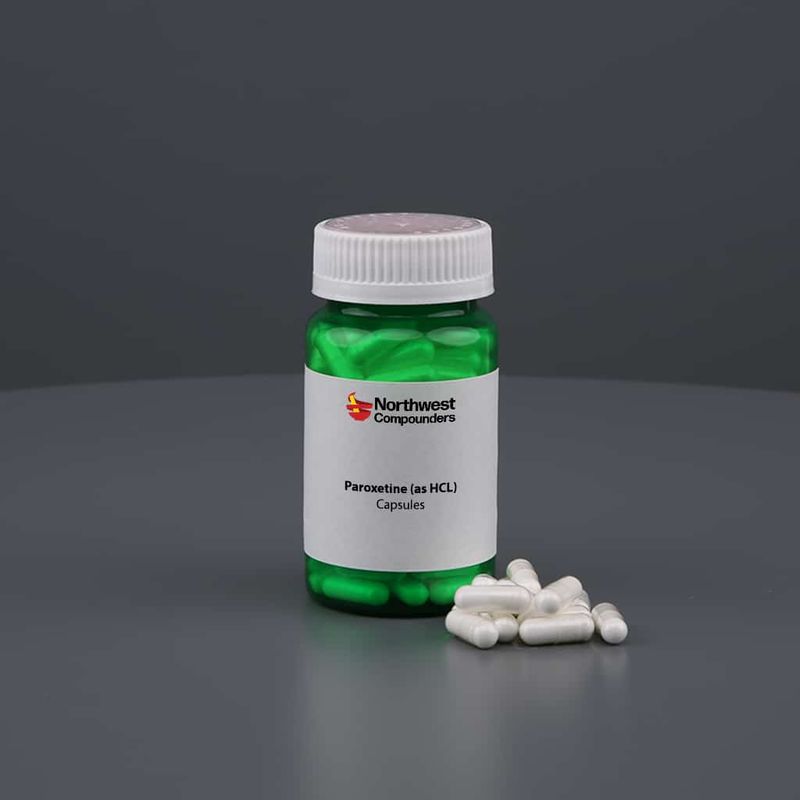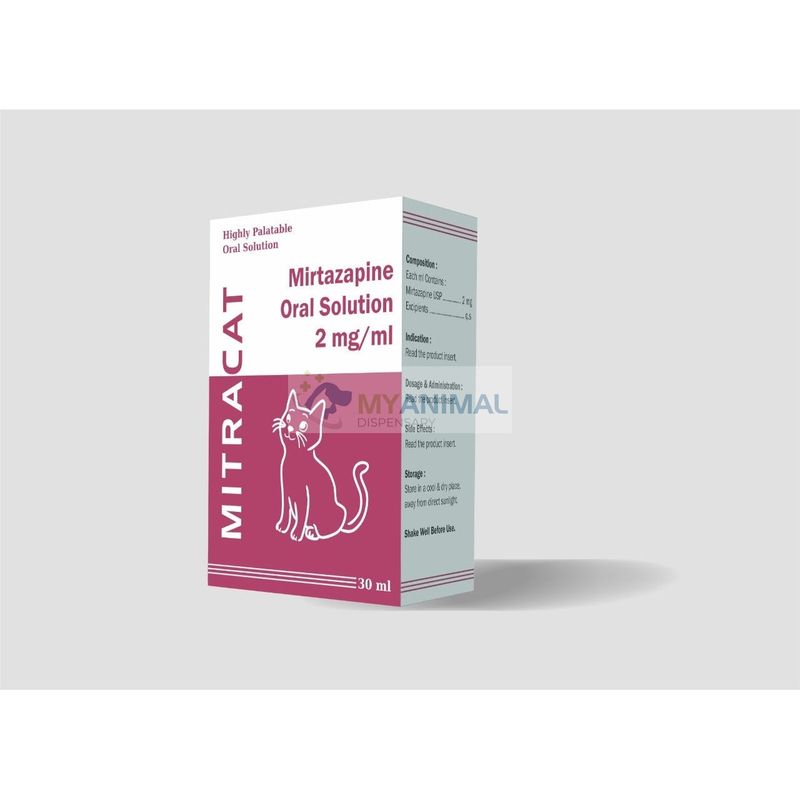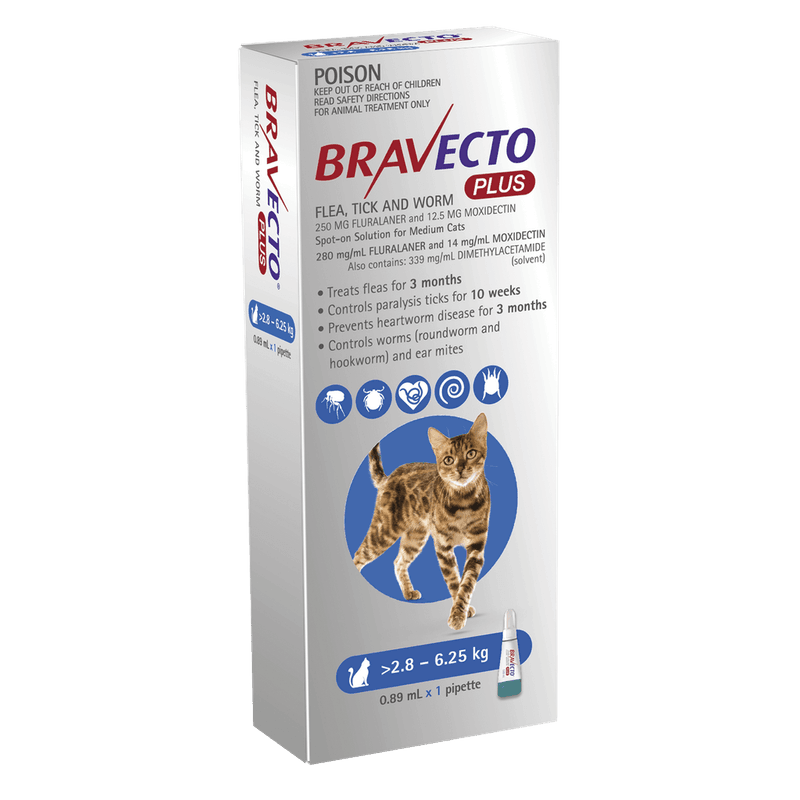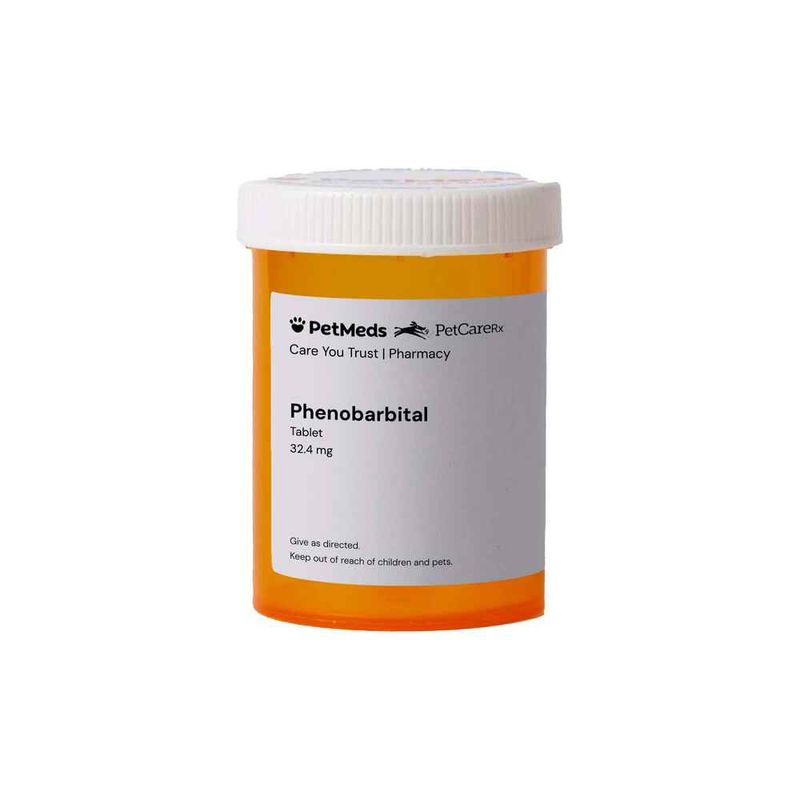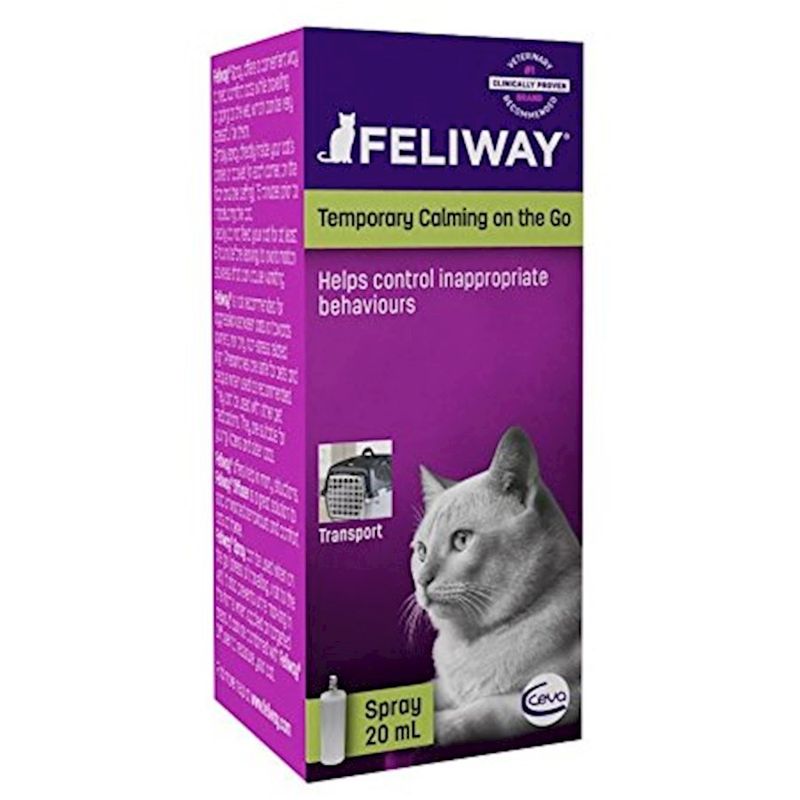Caring for a cat with anxiety can often feel like a delicate balancing act. The emotional distress experienced by felines can manifest in various ways, making it essential to approach treatment thoughtfully. Finding the right solution involves exploring different medication options to best support your cat’s well-being.
Each medication option offers distinct benefits, designed to address specific types of anxiety that cats may experience. Whether it’s a temporary fix or a long-term treatment, the right choice can help restore comfort and calm. Understanding the variety of available medications is key to ensuring the best outcome for your cat’s health.
With so many options available, it’s important to evaluate each one carefully before making a decision. Each medication has its own unique properties, tailored to cater to different needs and levels of anxiety. Here are 15 choices that could help improve your cat’s quality of life and reduce their anxiety symptoms.
1. Alprazolam (Xanax)
Alprazolam, commonly known as Xanax, is a fast-acting medication often used to treat anxiety in cats. It works by enhancing the effect of a natural chemical in the brain, leading to a calming effect.
This medication is particularly useful for short-term anxiety situations, like vet visits or thunderstorms. Always consult your vet for dosing specifics and monitor your cat for any side effects, such as increased appetite or behavioral changes.
2. Buspirone
For cats dealing with anxiety, Buspirone provides a non-sedating solution that reduces fear. It works especially well for felines with social anxiety or specific phobias.
Unlike other medications, Buspirone can take a few weeks to reach full effectiveness, making it better for long-term use. Monitoring your cat is essential to ensure it remains free from side effects like gastrointestinal upset.
3. Clomipramine (Clomicalm)
As a tricyclic antidepressant, Clomipramine (Clomicalm) is used to address anxiety in cats. It is commonly prescribed for separation anxiety and compulsive behavior issues.
This medication can take several weeks to show improvement, so patience is key. Be aware of potential side effects, including dry mouth or constipation, and maintain regular vet check-ups.
4. Fluoxetine (Prozac)
Known for its effectiveness, Fluoxetine (Prozac) is an SSRI that helps reduce anxiety in cats by balancing serotonin levels. It’s commonly prescribed for anxiety disorders like aggression and compulsive behaviors.
Fluoxetine may take a few weeks to show results, requiring consistent administration. Keep an eye out for side effects such as lethargy or reduced appetite.
5. Sertraline (Zoloft)
As an SSRI, Sertraline (Zoloft) works to reduce anxiety in cats by regulating the brain’s chemical balance, improving both mood and behavior.
Particularly beneficial for cats with generalized anxiety disorder, it may take some time to display full effects. Regular vet consultations are advised to manage dosage and monitor for side effects like sleep disturbances.
6. Amitriptyline
Known as a tricyclic antidepressant, Amitriptyline is often prescribed to manage anxiety-related behaviors in cats, including stress-induced urination and excessive grooming.
While effective, it might cause some drowsiness or dry mouth in your cat. Discuss with your vet about the potential for side effects and the appropriate dosage for your pet’s size and needs.
7. Gabapentin
Though it is mainly used for pain, Gabapentin is also beneficial for anxiety management in cats, particularly offering short-term relief before stressful experiences.
Its sedative properties can calm a stressed cat, but watch for excessive drowsiness or wobbliness. Ensure your vet provides guidelines on appropriate use, especially if combined with other medications.
8. Lorazepam (Ativan)
Lorazepam, or Ativan, is another benzodiazepine used to alleviate acute anxiety in cats. It works quickly to provide calmness, ideal for situational anxiety.
Be cautious with dosing, as too much can lead to increased sedation. Regular monitoring and communication with your vet are crucial to avoid dependency or negative interactions with other drugs.
9. Diazepam (Valium)
As one of the oldest anxiety medications for cats, Diazepam (Valium) delivers fast relief. However, its addictive potential means it should be used with care.
Ideal for short-term anxiety, it can cause increased appetite or lethargy. Consult with your vet for appropriate usage and watch for any signs of side effects.
10. Trazodone
Used as an antidepressant, Trazodone helps calm anxiety and stress in cats. It provides short-term relief, making it ideal for situations like travel or grooming.
Monitor your cat for side effects like sedation or gastrointestinal upset. Your vet can provide the best advice on dosage to ensure it’s both effective and safe.
11. Paroxetine (Paxil)
For long-term anxiety management, Paroxetine (Paxil) is an SSRI that helps calm anxiety in cats. It is frequently used to treat aggression linked to anxiety.
Results may take time, so patience is key. Discuss potential side effects like digestive issues or restlessness with your vet.
12. Mirtazapine
Mirtazapine is primarily an appetite stimulant but also aids in reducing anxiety in cats. It’s beneficial for cats that may stop eating due to stress.
While effective, it must be dosed correctly to prevent excessive hunger or vocalization. Consult your vet to tailor the dosage to your cat’s specific needs and monitor for any adverse reactions.
13. Dexmedetomidine (Sileo)
Sold as Sileo, Dexmedetomidine is a gel applied to a cat’s gums to help reduce anxiety. It is especially effective for stress caused by loud noises, such as fireworks.
This medication offers quick results but should be used under vet guidance to avoid overdose. Monitoring your cat after application ensures it’s responding well without adverse effects.
14. Phenobarbital
Traditionally used to control seizures, Phenobarbital can also help manage anxiety in cats. It serves as a long-term solution for chronic anxiety issues.
Potential side effects include sedation and increased thirst, so careful monitoring is required. Regular vet check-ups help adjust dosages and manage any health concerns.
15. Feliway (Pheromone Therapy)
To help calm stressed cats, Feliway uses synthetic pheromones that mimic natural cat scents. This approach is different from traditional medications, offering a more natural form of anxiety relief.
It’s ideal for multi-cat households or introducing a new pet. While generally safe, it should be part of a comprehensive anxiety management plan tailored by your vet.
